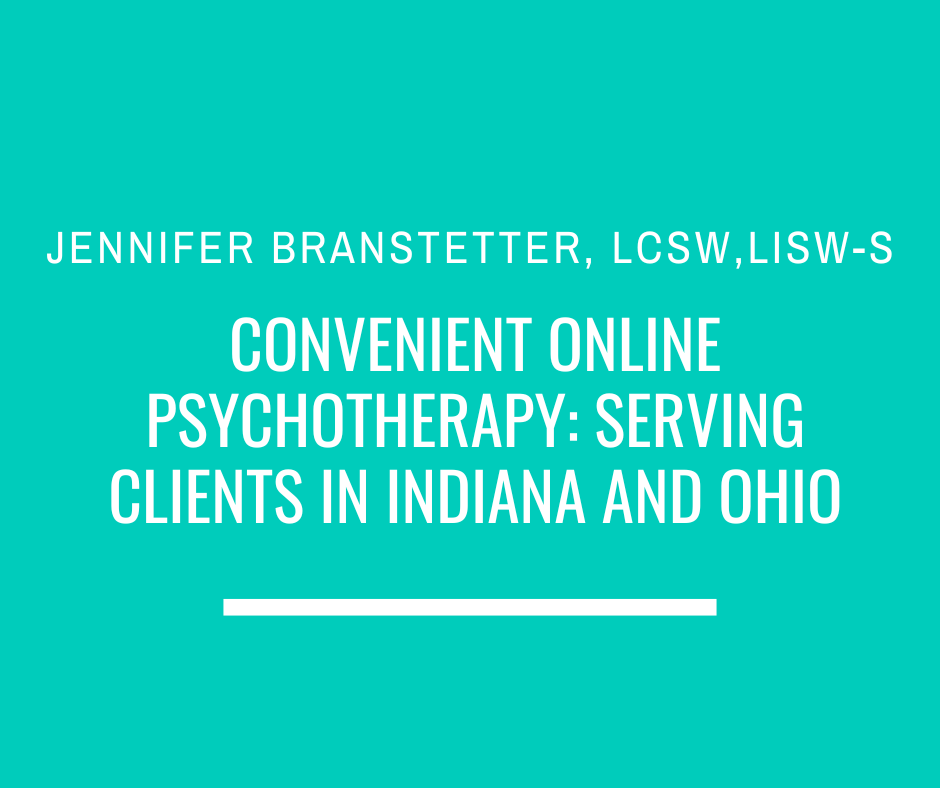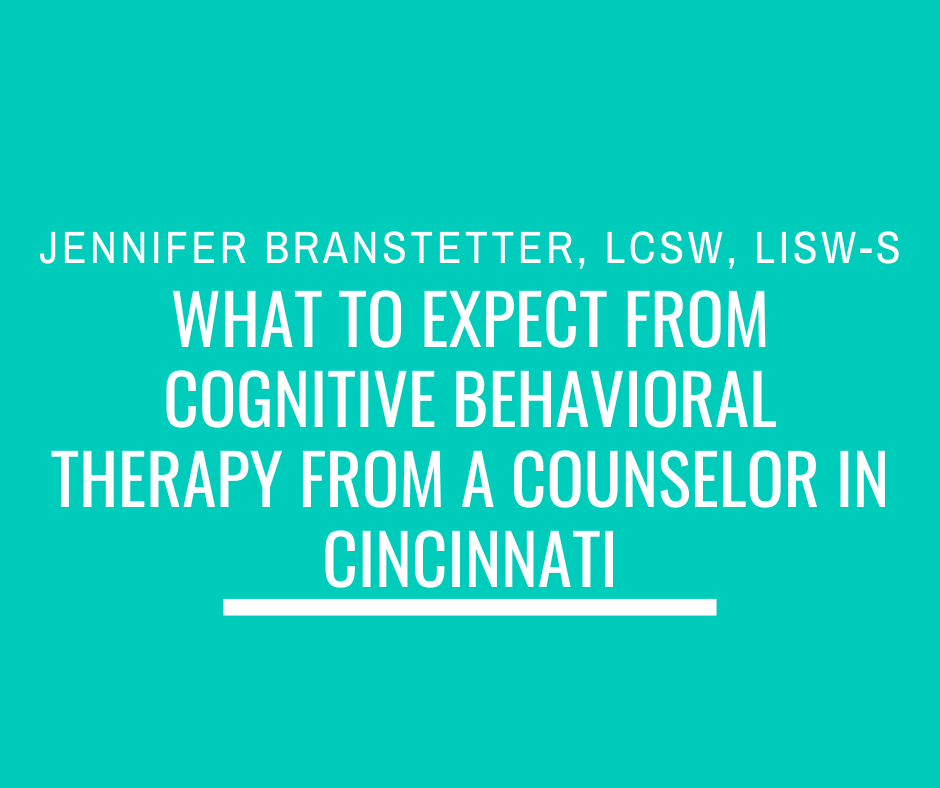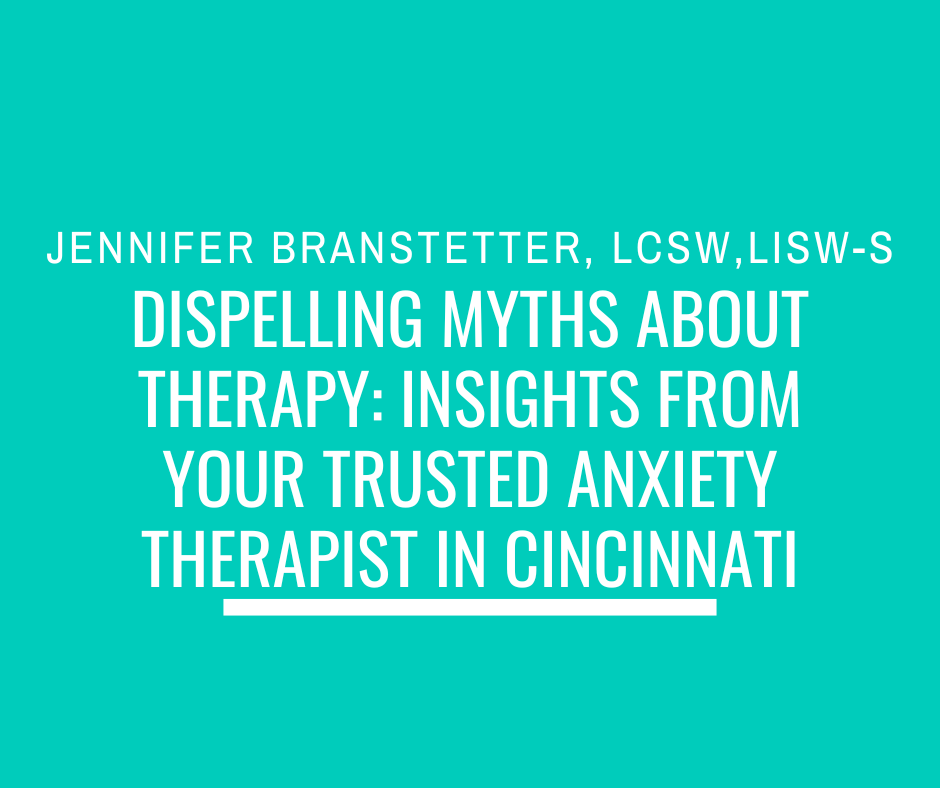Blog

Former Gifted Kid Syndrome
Struggling as an adult after being labeled a "gifted kid"? Learn how perfectionism, burnout, anxiety, or undiagnosed ADHD may be affecting you—and how online therapy in Ohio and Indiana can help.

Convenient Online Psychotherapy: Serving Clients in Indiana and Ohio
Offering convenient and effective online psychotherapy for residents of Indiana and Ohio. Access virtual cognitive behavioral therapy to manage anxiety, stress, and more from the comfort of your home.


Dispelling Myths About Therapy: Insights from Your Trusted Anxiety Therapist in Cincinnati
"Discover the truth behind common myths about therapy with insights from your trusted anxiety therapist in Cincinnati. Learn why anxiety therapy is essential, debunk misconceptions, and take control of your mental health journey. Explore evidence-based techniques and personalized support for overcoming anxiety. Schedule a session with an experienced anxiety therapist today!

Demystifying Therapy: Exploring Cognitive Behavioral Therapy (CBT) with Your Anxiety Therapist in Cincinnati
Socks are a great way to explain Cognitive Behavioral Therapy for treating anxiety and depression. By asking this question, we can start to understand what might be making you feel worse, and how to start feeling better. By working through CBT consistently, you can learn to manage anxiety, deal with stress, and decrease depression.